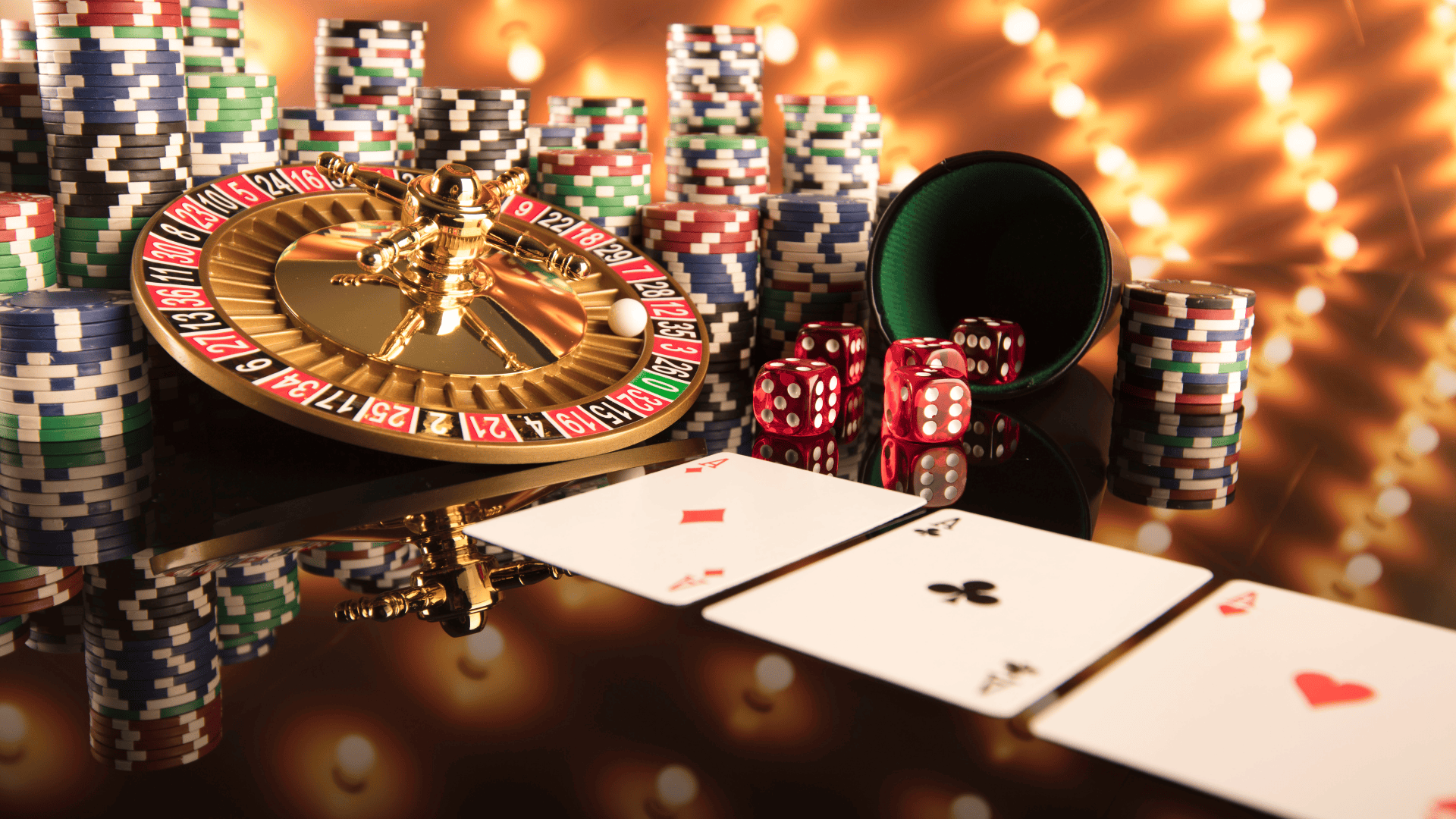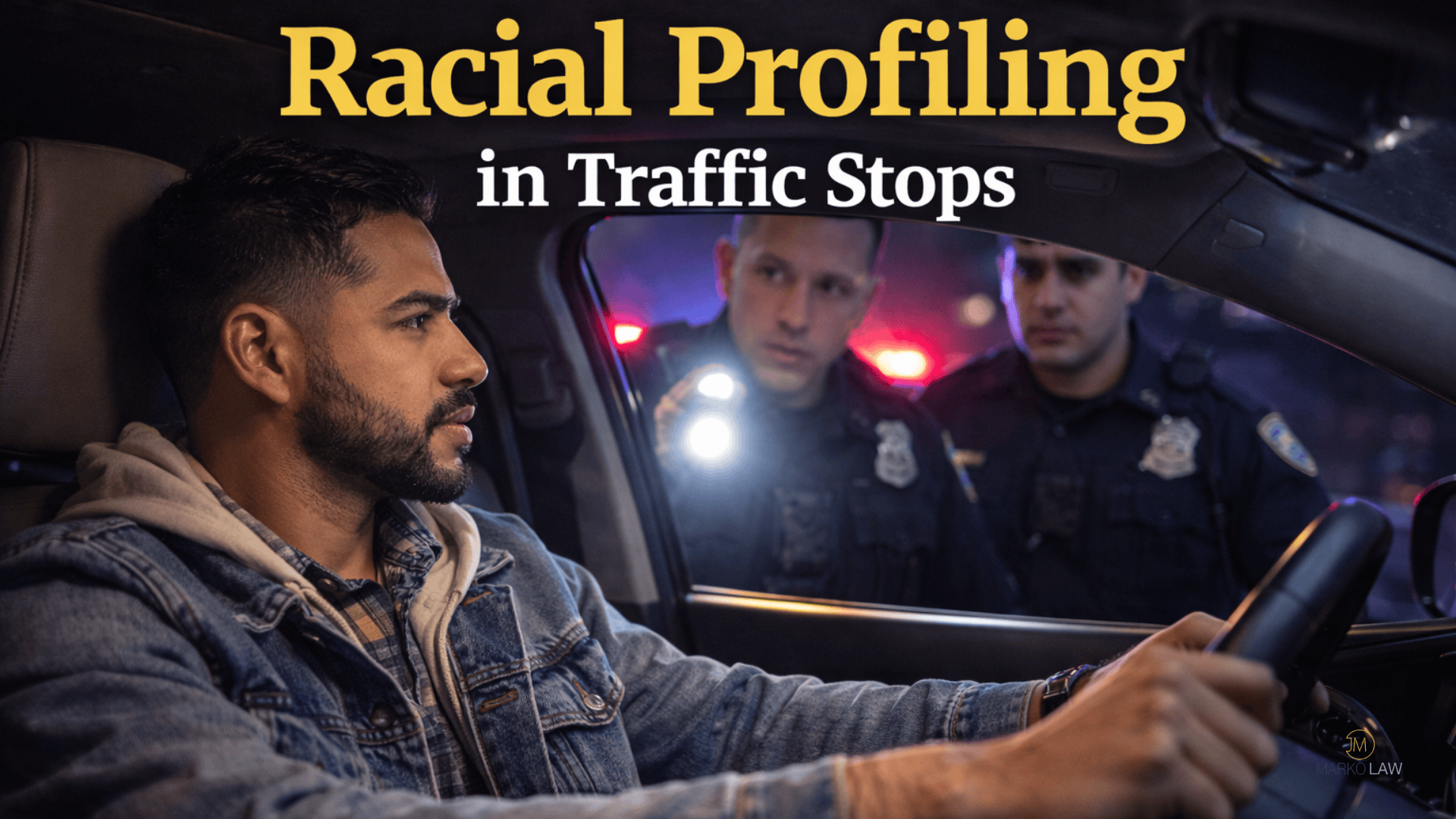Detroit’s casinos—MGM Grand, MotorCity, and Hollywood Casino at Greektown—draw massive crowds every weekend. People come to unwind, celebrate, and soak in the energy of the city. What no one expects? To leave in an ambulance instead of an Uber.
But it happens—more often than you’d think.
One spilled drink on polished marble. One broken chair in a crowded restaurant. One fight that escalates because security was too slow to step in. In seconds, your night can turn from thrilling to traumatic. And while the casino is counting its chips, you’re left with hospital bills, pain, and unanswered questions.
These casinos aren’t just playgrounds—they're multi-billion-dollar businesses. And with all that profit comes a clear legal responsibility: keep guests safe.
When a casino cuts corners or looks the other way, people get hurt. And Michigan law is clear: if your injury was caused by their negligence, you can hold them accountable.
At Marko Law, we’ve taken on big institutions before—and won. Whether it’s a slip and fall, an assault, or a serious accident caused by staff negligence, we’re here to fight for the justice and compensation you deserve.
Who Can Be Held Liable for a Casino Injury in Detroit?
The Casino Operator
Whether you were hurt at MGM Grand Detroit, MotorCity Casino, or Hollywood Casino at Greektown, the casino operator is likely the first entity that can be held liable.
Operators have a legal duty to keep the premises reasonably safe for guests. That includes:
- Premises liability: If you slip on a wet floor with no warning sign or trip on loose carpet, the casino could be held liable for failing to maintain safe conditions.
- Negligent maintenance: Broken escalators, faulty chairs, or cracked walkways that cause injury.
- Negligent security: When fights break out or assaults happen due to poor staffing or slow response times.
- Dram shop liability: Under Michigan’s Dram Shop Act, a casino bar can be held liable for overserving alcohol to someone visibly intoxicated who then causes injury.
Casinos know the risks. When they ignore them, they can be held accountable.
Third-Party Vendors
Many services at Detroit casinos—like restaurants, valet parking, and shuttle services—are run by outside companies. If your injury occurred due to:
- Food poisoning at a casino restaurant
- A crash involving a shuttle driver
- A fall in the valet area
…then a third-party vendor may be liable. These companies owe the same duty of care as the casino itself, and in some cases, both parties can be sued together.
Security Contractors
Casino security is often outsourced to private firms. These companies are responsible for:
- Monitoring video surveillance
- De-escalating volatile situations
- Preventing foreseeable violence or criminal activity
If you were assaulted, harassed, or otherwise harmed due to inadequate or negligent security, the security firm may be directly liable.
Casino Staff or Management
Sometimes, liability boils down to poor training, bad decisions, or ignored procedures. For example:
- A floor manager ignores complaints about a broken chair
- A bartender serves someone already stumbling drunk
- A janitor leaves a spill without posting a warning sign
When casino staff fail to follow protocol—or supervisors ignore known risks—that failure could form the basis of a strong legal claim.
Michigan Premises Liability Law and Casinos
What Is Premises Liability?
Premises liability is a legal principle that holds property owners and occupiers responsible for maintaining safe conditions. In the context of casinos, this means management must actively:
- Keep floors, stairways, and walking areas free of hazards
- Regularly inspect for spills, broken furniture, or trip risks
- Warn patrons of any dangerous conditions they know about (like wet floors or ongoing maintenance)
- Fix known issues within a reasonable timeframe
This is more than customer service—it’s the law.
The Highest Duty of Care
Under Michigan law, invitees (like paying guests or patrons) are owed the highest duty of care. That means casinos must take proactive steps to protect you—not just respond after an injury occurs.
Casinos make massive profits from guests walking through their doors. In return, the law demands they:
- Conduct routine safety checks
- Respond quickly to hazards
- Hire enough staff to monitor high-risk areas
- Train employees to follow safety protocols
Proving a Premises Liability Case in Michigan
To win your case, Michigan courts generally require you to prove three things:
- The Hazard Was Known—or Should Have Been Known
- This is called “constructive notice.” If a spill was sitting for 30 minutes in a busy hallway, the casino should’ve known.
- Repeated issues (like a leaky ceiling or uneven floor) are also red flags that the casino was on notice.
- The Casino Failed to Fix or Warn
- Maybe there were no caution signs. Maybe they knew about broken furniture but didn’t remove it. Maybe a lighting issue in a stairwell was ignored for weeks.
- The Hazard Caused Your Injury
- You have to show a direct link between the dangerous condition and the harm you suffered.
- This is where medical records, witness statements, and video footage become crucial.
Evidence That Strengthens a Casino Injury Case
Surveillance Footage
Casinos are among the most heavily surveilled businesses in the country. Nearly every square inch—hallways, lobbies, gaming floors, elevators, even parking structures—is under constant video monitoring.
Why this matters:
- It can prove exactly what happened (a fall, an assault, a spill left unattended)
- It shows how quickly staff responded—or failed to respond
- It may capture the hazard or injury as it happened
But here’s the catch: Most casinos only store surveillance footage for a limited time—sometimes just days. If you wait too long, it can be automatically erased. That’s why contacting a lawyer immediately is crucial.
Witness Statements
In a loud, fast-moving environment like a casino, having someone back up your story is a huge advantage. Witnesses may include:
- Other patrons who saw the fall or fight
- Staff members who reported or ignored the hazard
- Friends or family who were with you
Get names, contact information, and statements while memories are still fresh.
Photos of the Scene and Injury
Photos are powerful. They can capture:
- The condition of the floor, furniture, or area where you were injured
- Signs of poor lighting, spills, broken items, or lack of warning signs
- Visible injuries: bruising, cuts, swelling, or medical devices used after the incident
Even if you’re in pain, try to snap a few pictures—or ask someone else to do it. These images may speak louder than anything said in court.
Medical Records and Bills
To get compensated, you must show proof of injury. That includes:
- ER visit documentation
- Diagnosis reports
- Imaging results (X-rays, MRIs)
- Treatment plans or surgical notes
- Medical bills and out-of-pocket expenses
This evidence establishes not only that you were hurt, but also how serious the injury is and how much it’s costing you physically and financially.
Police or Incident Reports
Always report the injury—either to casino security or local police, depending on the situation. These reports:
- Provide a contemporaneous record of what happened
- Document who was involved and how the casino responded
- Can become valuable third-party proof when insurance companies try to dispute your claim
Casino’s Internal Policies
If we can obtain casino policies through legal discovery, they may reveal:
- Whether the casino had protocols for maintenance, spills, or guest injuries
- A history of similar complaints or ignored hazards
- Staffing logs or incident records that support your case
This kind of behind-the-scenes documentation can be a game-changer, especially in proving the casino knew about a problem and failed to fix it.
Casinos Make Billions—They Can Afford to Keep You Safe
That injury you suffered at a Detroit casino? It wasn’t just “bad luck.” It was preventable. And when billion-dollar businesses like MGM Grand, MotorCity, and Greektown cut corners on safety, real people get hurt—and lives get turned upside down.
You didn’t ask to get knocked to the ground by a drunken guest. You didn’t expect to leave dinner with a fractured wrist from a broken chair. You didn’t choose to walk into a hazard zone disguised as a luxury venue.
But the casino made choices—choices that may have led directly to your injury.
And under Michigan law, they can be held accountable.
At Marko Law, we’re not afraid of big names or deep pockets. We’ve taken on powerful institutions—and won. If you've been injured in a Detroit casino, don’t let their lawyers pressure you into silence. Let our legal team stand up and speak for you.
Contact Marko Law for a Free Casino Injury Case Evaluation
📞 Phone: +1-313-777-7777
📍 Main Office: 220 W. Congress, 4th Floor, Detroit, MI 48226
🌐 Website: www.markolaw.com









.svg)








